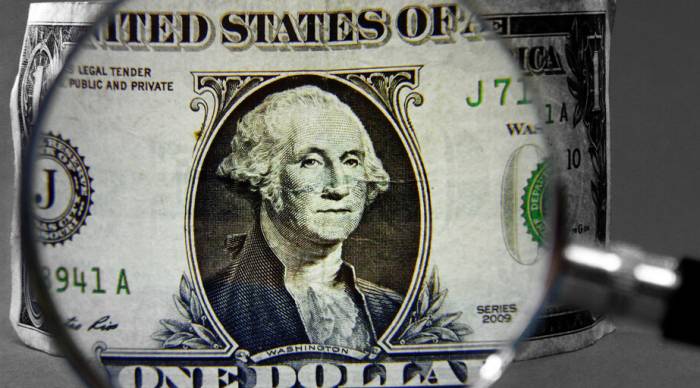Categories
News
Date
2024-10-27
Wall Street Warns: Interest Rates May Exceed 6%, Dow Drops 400 Points
01, Another Interest Rate Hike of 175 Basis Points
Recently, due to the significant decline in inflation data announced by the United States, American investors have become optimistic about the future, leading to a rare sustained rebound in the U.S. stock market.
Following the Federal Reserve meeting last November, the terminal interest rate was predicted to reach 5.1%. Currently, the market expects a 25 basis point rate hike by the Federal Reserve in early February, with another 25 basis point hike expected in March. After that, before reaching the 5.1% interest rate, the Federal Reserve may stop hiking rates early and enter a period of watchful waiting.
However, in response to this widespread market optimism, the CEO of J.P. Morgan Asset Management has issued a solemn warning that interest rates will not peak in June. In fact, the Federal Reserve will continue to suppress inflation through continuous rate hikes in the second half of this year. Therefore, the Federal Reserve will raise rates by an additional 175 basis points on the current basis until the terminal interest rate exceeds 6%.
If this is the case, with the Federal Reserve's pace of hiking rates by 25 basis points each time, it means that there is a high probability of a rate hike at every meeting this year.
Advertisement
02, U.S. Stocks Turn Downward
Last night, after several consecutive days of gains, U.S. stocks apparently began to slow down. Although the Nasdaq index still rose, the increase was only 0.14%, while the other two major indices both declined.
Relatively speaking, the Dow Jones Industrial Average (DJIA) saw a larger drop, falling 1.14%, or nearly 400 points.
From the beginning of the year to now, the index with the highest increase has been the Nasdaq, which has累计 increased by more than 6%. This is related to last year's deep decline in the Nasdaq, which has been leading the rebound. The index with the smallest decline last year was the industrial index, which has only risen by 2.3% so far.
Among the many tech stocks last night, there were gains and losses. The main sector to rise was the chip stocks, with NVIDIA's increase approaching 5%, and TSMC also rising by 2%.Other tech stocks did not see significant gains, with Apple rising by 0.9% and Microsoft by 0.5%. However, the decline in some individual stocks was relatively substantial, with Amazon falling by 2.1%, META by 1.2%, and Netflix by 2%.
In the realm of new energy vehicles, Tesla in the United States surged by 7%, but all of China's "Weilai, Xiaopeng, and Li Auto" declined, with Xiaopeng Motors dropping by 6.3%, and both Weilai and Li Auto's declines were around 3%.
03, Performance across various industries
The poor economic outlook for the United States has already begun to impact bank stocks.
Last night, Goldman Sachs' stock price plummeted by more than 6.4%, stemming from its fourth-quarter financial report, which showed that Goldman Sachs' profits plummeted by 60% compared to the previous year.
On the other hand, Morgan Stanley's stock price rose by 5.9% yesterday due to better-than-expected performance.
Only after more companies release their fourth-quarter reports in the coming period can we make a clearer judgment about the future of the U.S. economy.
Recently, market rumors suggest that Microsoft may lay off up to 10,000 employees, seemingly confirming that the U.S. economy is entering a recession.
By mid-last year, Microsoft had over 220,000 employees, and the recent layoff plan would cut 5% of the total workforce, meaning at least 11,000 Microsoft employees would need to find new jobs.
However, perhaps in the eyes of the Federal Reserve, this could be good news, as it would appropriately cool down the currently tight job market and also reduce the continuous increase in average hourly wages, which is beneficial for controlling inflation.
